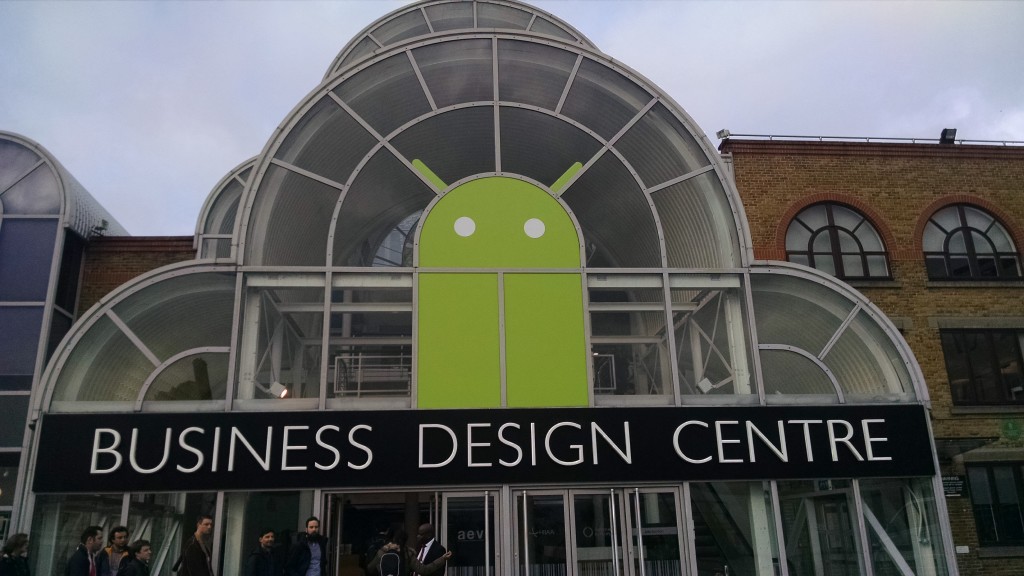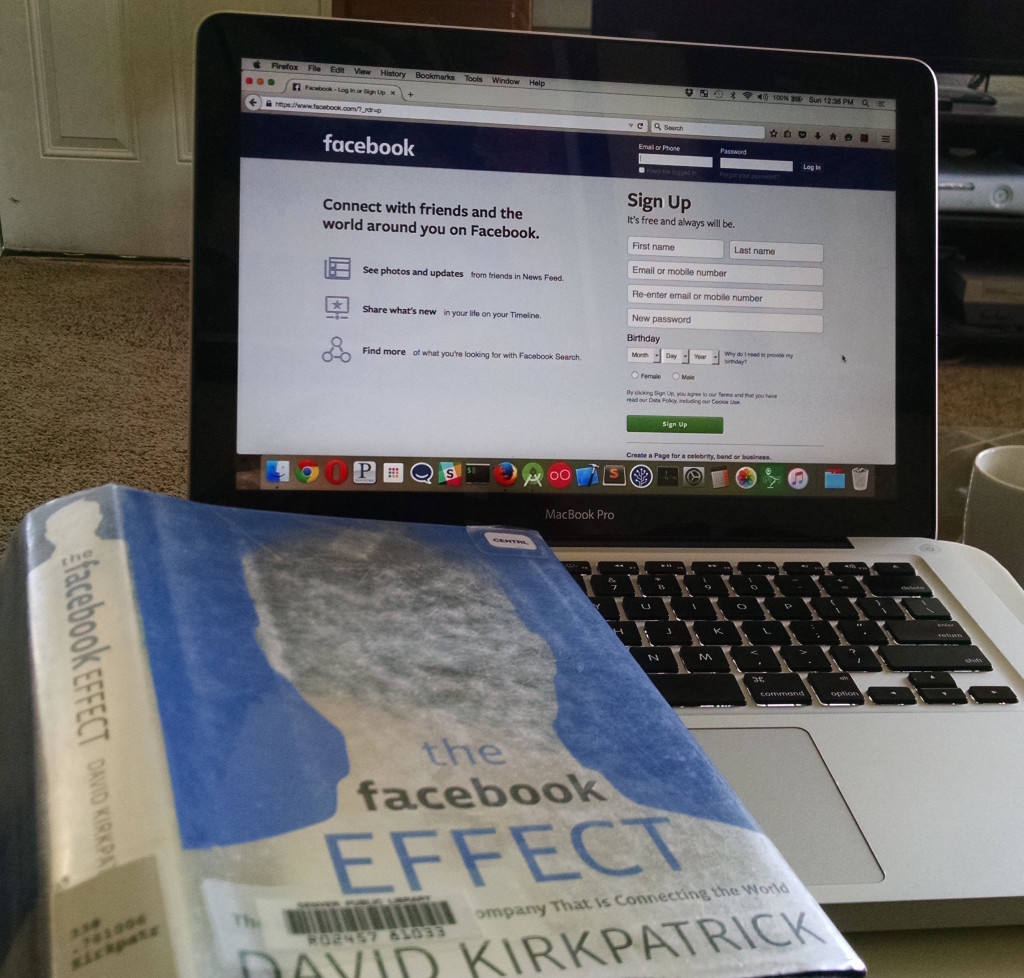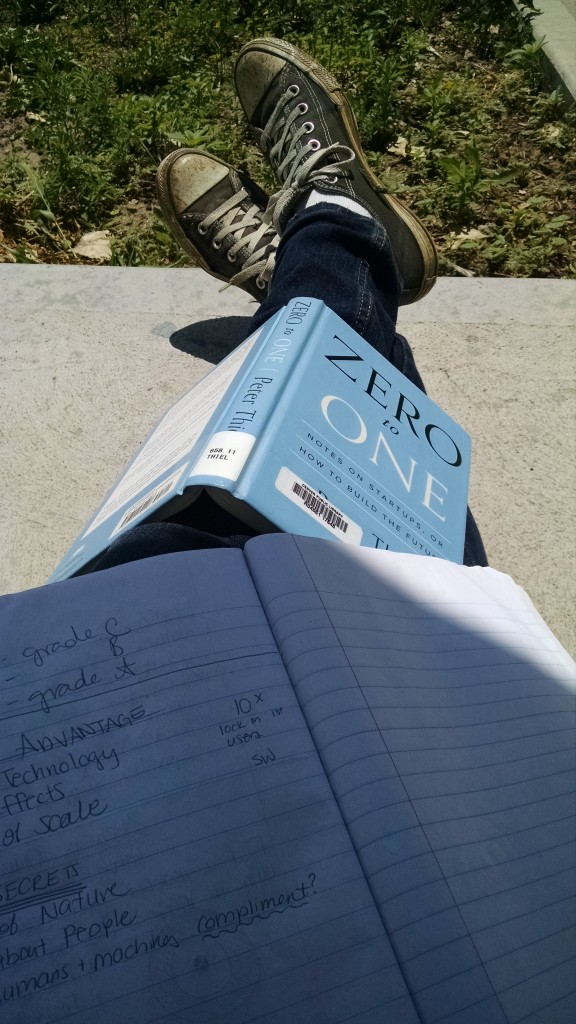I was super fortunate to speak at Droidcon UK this year in London, and I had an amazing time!
My Talk
Even though I’ve given the “same” talk on accessibility before, my talk actually changes every time I give it. This is because (1) Android is always changing, and (2) I am always learning new ways to improve accessibility. Before this talk I had some coding work to do, to upgrade my sample app to support Marshmallow. I also decided to pull in the new design compatibility library so I could use the official floating action button (FAB) and remove the 3rd party library I had previously been using. It is really important to me that my accessibility repo doesn’t get stale, and can always be a resource for the latest and greatest in Android accessibility.
I decided to go the extra mile and add in some information about Snack Bar from the design compat lib to my talk. I figured that it would be a pretty simple addition, but it didn’t work out that way! Apparently, Snack Bar has a few big accessibility issues, as documented in my recent post Accessibility of Material Design. After battling Snack Bar for quite some time, I decided to add to my talk some information about why Snack Bar wasn’t accessible. Unfortunately, this put my talk way over the time limit. Ugh. After all that, I decided to just not add Snack Bar to my talk. I was glad I’d done my homework, though, because I ended up having several great conversations about it with people at the conference.










